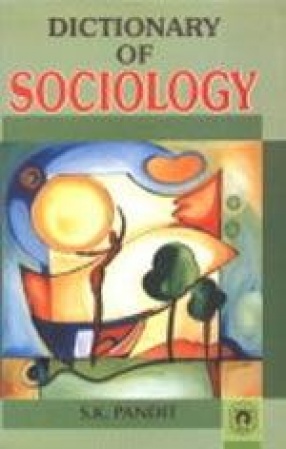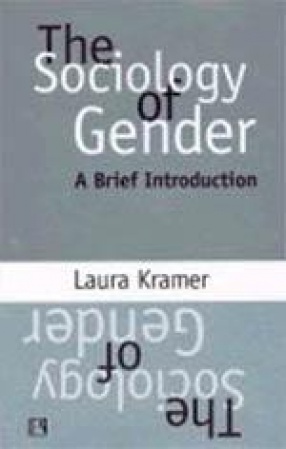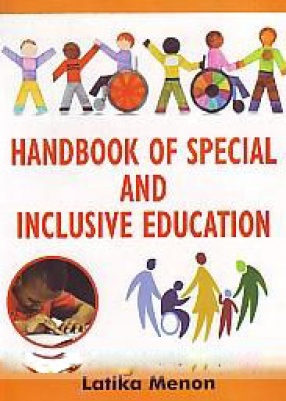While the discipline of sociology had its roots in Nineteenth-Century Europe, it enjoyed its greatest success in the United States during the academic golden age of the mid-twentieth century. Making a science of society was a distinctly modern exercise. Not only did it depend on a modern concept of empirical, experimental science, but it also presupposed "society" as a new object of study. How was one to name, classify, and analyze the forms of human experience in the aggregate–that is, if one sought to discern and aggregate form beyond relations of kin and distinguished from the apparatus of formal government? A kind of age-old ethnography had long enabled observers to comment on the traits of different peoples, usually by remarking on the exotic look and habits of aliens. Also, the idea of large cultural units or civilizations, usually wedded to imperial domains or great religions, such as Christendom, had a long history. Far less developed was the concept of an order to human relations apart from family, state, ethnicity, or belief that might become the basis for a comparative anatomy of differing communities. Modern notions of "economy" and "society" emerged to name such an order, as European colonial expansion, political revolution and industrialization stirred consciousness of great change and variation in the form human relations could take. With full coverage of areas such as social stratification, crime and deviance, culture and identity, mass media, power and politics and religion, the dictionary of sociology is designed to give the reader a sound introduction to the debates and issues in which sociologists engage. Cross references further aid understanding and the A-Z format makes the book exceptionally easy to use.
Women in Society
$22.80
$24.00





There are no reviews yet.